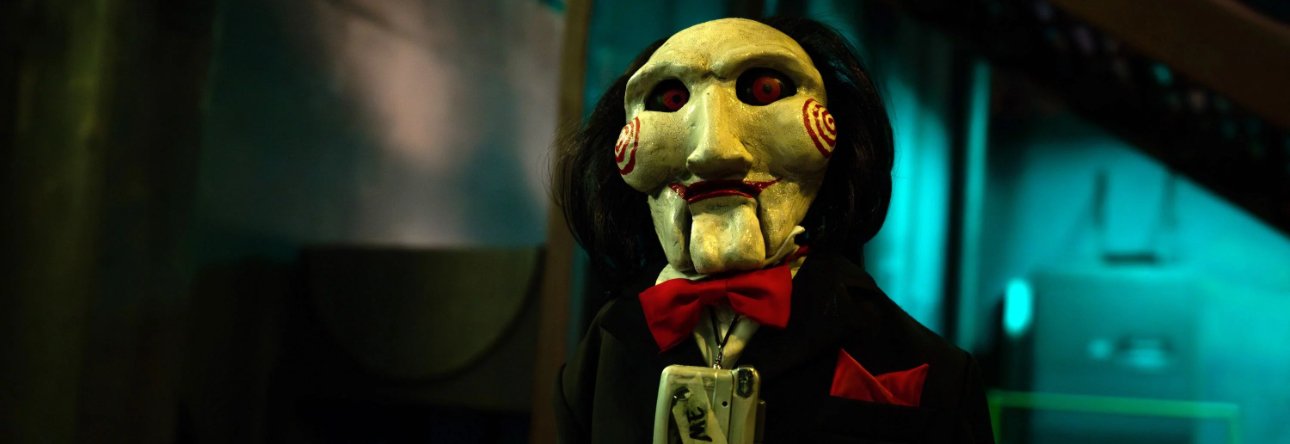I thought Lukas Dhont's "Girl" was one of the surprises of Cannes' Un Certain Regard program back in May. I wrote in my review:
"From its very first moments, the beautifully controlled and artful “Girl” — the feature debut of young Belgian director Lukas Dhont — grips and takes hold. This deeply emphatic portrayal of a trans teen has an expressive camera that observes and listens, rather than forces you to succumb to emotions. The trajectory of the story’s protagonist, Lara, who is determined to become a ballet dancer despite feeling trapped in a body she doesn’t recognize, sounds a little exploitative on paper, but the end result is quite the opposite. Sensitively rendered cinema with a capital C, “Girl” features a lovely naturalism and an attention to detail so delicately constructed characters feel like full flesh and blood."
Dhont won the Queer Palm at Cannes, the Camera d’Or for Best First Feature, and an acting prize for its young star Nora Monsecour, whose real-life story was used for the film and has admitted being hurt by Whitney's essay on the film.
In a recent essay, THR's Oliver Whitney dubbed Dhont's "Girl" “a danger to the transgender community.” The crux of Whitney’s argument has to do with the film’s graphic ending which deals with tormented trans character Lara, a talented ballet dancer that painstakingly practices to catch up to the professional girls in her troupe, having lost too much weight and bruising her groin by constantly taping it before every practice. Lara’s doctor eventually postpones her gender confirmation surgery due to Lara's sensitive condition, telling her that it is dangerous to undergo the procedure given her body dysmorphia and how grueling the recovery might be.
In the film’s penultimate scene, Lara eventually goes over the edge by taking a bowl of ice and cutting her genitals off herself. Dhont refuses to show the visual, Lara's back is turned to the camera, but the scene is excruciating to watch and ends with Lara, in sheer agony, falling to the ground.
"It's the most dangerous movie about a trans character in years," argues Whitney, further adding, "That twist makes no logical sense — it’s hard to imagine a trans person who wants surgery cutting off a body part that’s literally necessary for the procedure— and once again turns a trans body into a subject of grisly violence. Most shockingly, Dhont ... depicts Lara castrating herself as an inevitable means of survival. The film randomly jumps to the future to show a smiling Lara happily walking down a sun-dappled street: Ah, now she’s a woman!"
"It’s sadistic exploitation made for uneducated cisgender audiences to feel like they get it. Dhont has done something far worse than make another clichéd and superficial portrait — he’s disguised trans trauma porn as a triumphant survival story."
"It’s unfortunate and dangerous that Girl will exist on Netflix where young trans people can easily stream it, but should it get the Academy’s seal of approval, such awards attention would only further spread the film’s misinformation about, and damaging treatment of, the trans community."
Monsecour told IndieWire in a recent phone interview that she was “really offended" by Whitney's comments "because people made out that Lukas [Dhont] made a film out of his cis perspective,” “My story is not a fantasy of the cis director. Lara’s story is my story.”
“I want to make it clear that I have not committed this harm to myself. And I don’t encourage anyone to,” Monsecour said. “But I hope people can see it as a metaphor from the dark thoughts that I had, and that a lot of young people in my same situation also have. The scene should not be interpreted by encouraging trans youth to cut certain body parts off themselves. That is not the message. The message is to show that these things are a result of dark thoughts, [which] are the result of the struggle that we face.
I just went back and re-read my review and indeed I do mention the finale, which is hard to bypass considering the impact it has on the viewer:
"If the shocking finale might take some viewers aback, even make them cringe in discomfort, it still feels very much part of the grander picture that Dhont is trying to tell us. Inspired by his Belgian countrymen, the Dardenne brothers, Dhont delivers a beautiful portrait of humanism and authenticity with an emotional restraint that is damn-near impressive for such a young filmmaker. With enlivening performances and thoughtful filmmaking, “Girl” has the power to not just change lives but reinvigorate your belief in cinema."
And so, it seems as if I didn't take into account the complaints that Whitney and the trans community are making about the film. I viewed it as being part of an artistic statement rather than thinking about the negative impact it might have on the trans community. I won't be judge of this particular controversy, I am not part of LGBTQ but I have immense affection for that movement, if they are pissed off then let them be pissed off -- I understand their complaints. All I know is this, I really liked the film and do recommend it.





